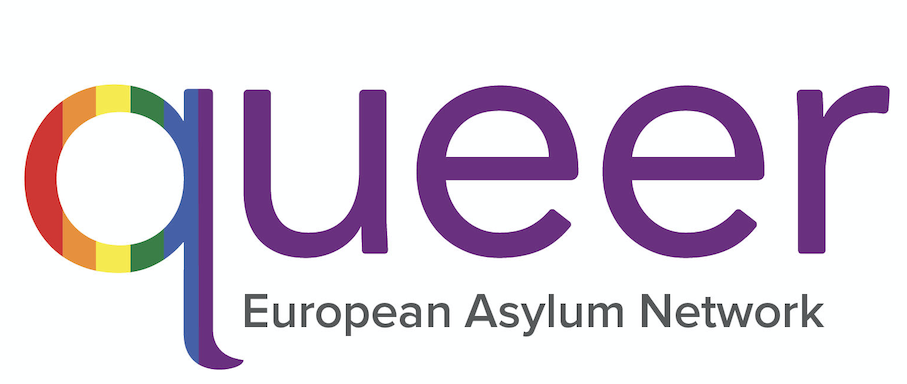The Queer European Asylum Network brings together two EU-funded research projects which both examine the legal and social challenges for LGBTQI+ persons seeking asylum and refugees in Europe. These are:
SOGICA – Sexual Orientation and Gender Identity Claims in Europe
‘SOGICA – Sexual Orientation and Gender Identity Claims of Asylum: A European human rights challenge’ is a four-year project that is funded by the European Research Council (ERC) and based in the School of Law at the University of Sussex. The project’s primary aims are to explore the social and legal experiences of SOGI asylum-seekers across Europe and to determine how European asylum systems can treat SOGI asylum claims more fairly. Besides exploring the European Union (EU) and Council of Europe (CoE) frameworks, SOGICA focuses on Germany, Italy and the UK as case studies. In relation to all these frameworks, the link between the legal and social experiences of SOGI asylum-seekers will be stressed.
Queer Muslim Asylum in Germany
Queer Muslim Asylum in Germany is a European Commission funded two-year research project under the H2020 programme. Queer, trans, gay, and intersex asylum seekers belong to the least visible and most vulnerable group within Germany’s asylum system. Based on the experiences of LGBTQI+ Muslim asylum seekers in Germany, this study examines how access to asylum can be influenced by Westernized ideas about sexual orientation and gender identity as well as anti-Muslim sentiments and politics. This research project sets out to develop an intersectional perspective, to generate a better understanding of how heteronormativity as well as homonormativity inherent in Germany’s asylum laws, combined with the increase of anti-Muslim sentiments and race, structure the in- and exclusion of queer Muslim asylum seekers.
